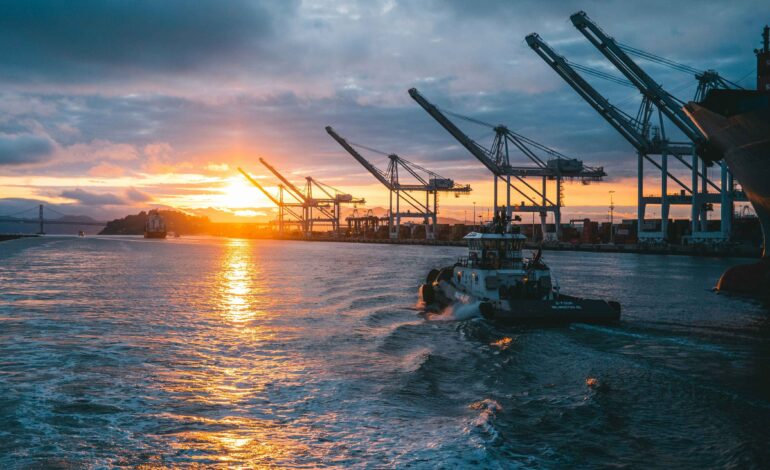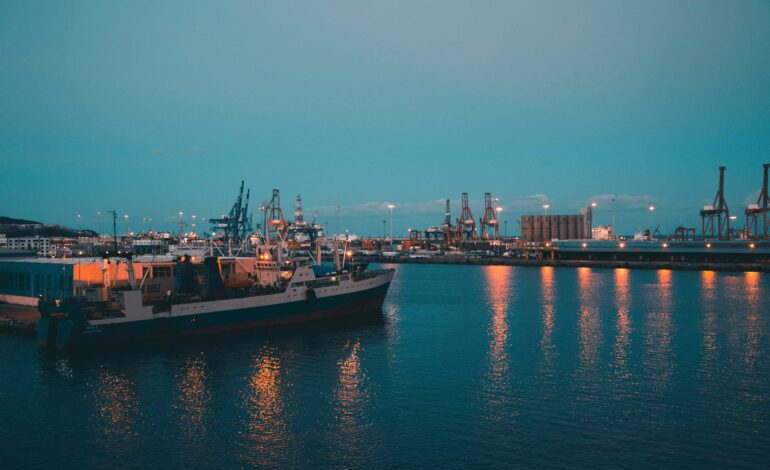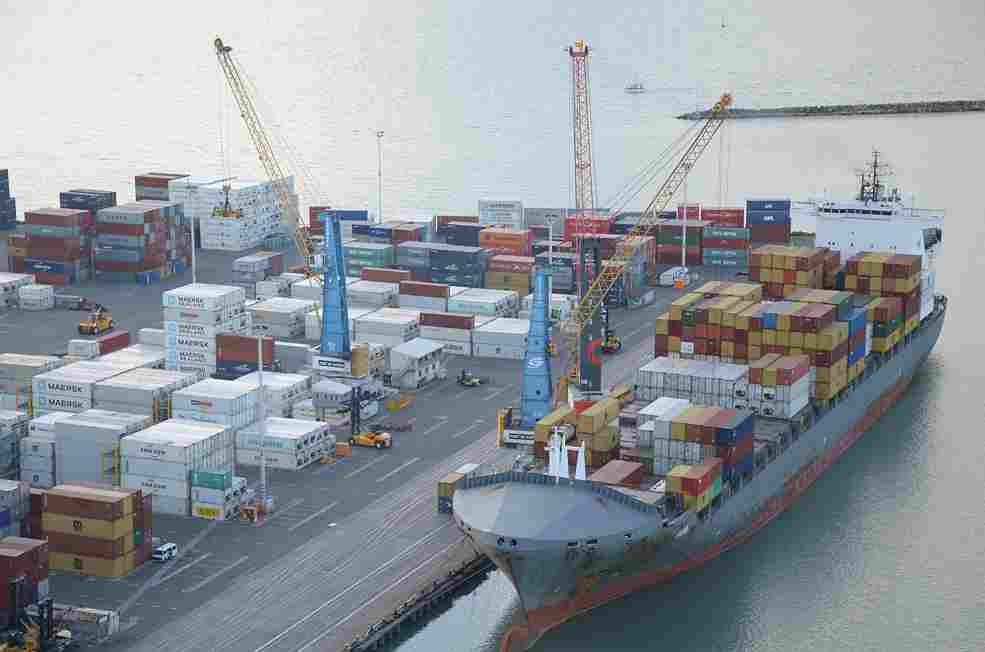
The Role of Bunker Fuel Traders and Brokers
In the intricate web of global maritime commerce, bunker fuel traders and brokers occupy a crucial position, facilitating the supply chain by connecting suppliers with vessel operators. This article explores the pivotal roles, functions, and challenges faced by bunker fuel traders and brokers in the maritime industry, emphasizing their impact on operational efficiency, market dynamics, and regulatory compliance.
Facilitating Fuel Supply
Bunker fuel traders and brokers serve as intermediaries between fuel suppliers (refineries, oil companies, and distributors) and vessel operators (ship owners, charterers, and shipping companies). Their primary responsibilities include:
- Sourcing and Procurement: Traders and brokers source bunker fuels from diverse suppliers worldwide, ensuring availability of fuels that meet regulatory requirements (e.g., MARPOL Annex VI) and operational needs of vessels.
- Negotiation and Contracts: They negotiate fuel prices, terms, and delivery schedules, leveraging market insights and relationships to secure competitive pricing and favorable contract terms for their clients.
- Logistics and Coordination: Facilitating seamless fuel logistics, from transportation and storage to bunkering operations at ports, ensuring timely delivery while adhering to safety protocols and regulatory standards.
Navigating Market Dynamics
The bunker fuel market is influenced by various factors, including global oil prices, geopolitical events, environmental regulations, and technological advancements. Traders and brokers play a critical role in:
- Price Risk Management: Managing price volatility through hedging strategies, such as futures contracts and swaps, to mitigate financial risks associated with fluctuating fuel prices.
- Market Intelligence: Providing market insights, trends, and forecasts to clients, enabling informed decision-making regarding fuel procurement, consumption optimization, and compliance with regulatory changes.
- Market Access and Relationships: Leveraging extensive networks and relationships with suppliers, ports, and industry stakeholders to access diverse fuel sources and optimize supply chain efficiency.
Ensuring Regulatory Compliance
Compliance with international regulations, particularly those set by the International Maritime Organization (IMO), is paramount in bunker fuel trading. Key regulatory considerations include:
- Emission Standards: Ensuring bunker fuels meet sulfur content limits and emission control requirements stipulated in MARPOL Annex VI to reduce air pollution and mitigate environmental impact.
- Quality Assurance: Conducting rigorous fuel quality testing and certification to guarantee compliance with specifications and prevent operational disruptions or penalties for non-compliance.
- Documentation and Reporting: Maintaining accurate records of fuel transactions, emissions data, and regulatory certifications to facilitate audits and demonstrate adherence to regulatory obligations.
Challenges and Future Outlook
Bunker fuel trading faces several challenges, including:
- Compliance Complexity: Navigating evolving and stringent regulatory frameworks requires continuous monitoring and adaptation to ensure compliance across global operations.
- Operational Risks: Managing operational risks related to fuel quality, supply chain disruptions, and geopolitical uncertainties affecting market stability.
- Technological Integration: Embracing digitalization, data analytics, and blockchain technologies to enhance transparency, efficiency, and traceability in fuel trading operations.
Conclusion
In conclusion, bunker fuel traders and brokers play a pivotal role in the maritime industry’s supply chain, ensuring reliable and compliant fuel supply to vessels worldwide. By effectively managing fuel procurement, logistics, market risks, and regulatory compliance, they contribute to operational efficiency, cost optimization, and sustainability in maritime operations. As the industry evolves with technological advancements and regulatory changes, bunker fuel traders and brokers will continue to adapt and innovate to meet the dynamic needs of the global shipping sector.





